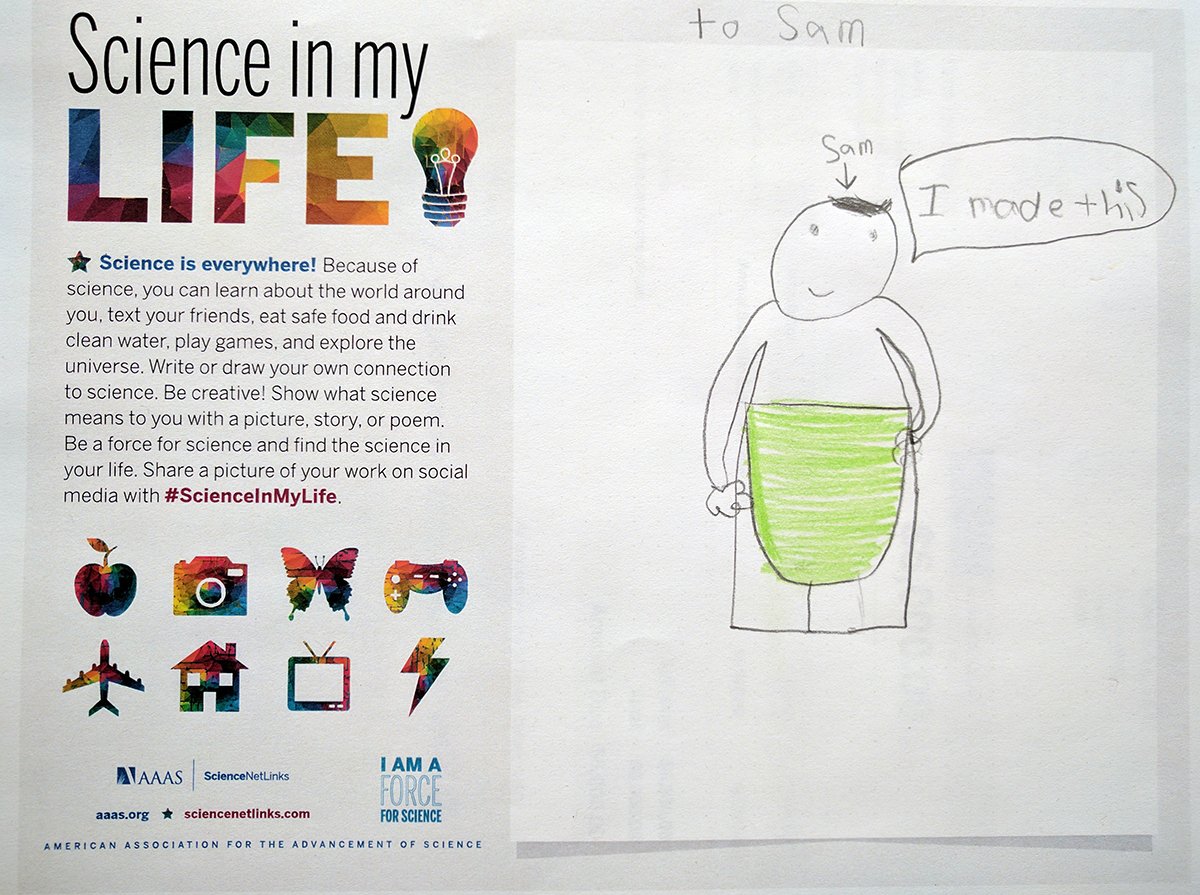

This is the beginning of biological information transfer, they say. "In other words," they write, "the physical emergence of the cell membrane in evolution could be understood as a material consequence of that `inside-outside' ontological relationship rather than its cause." The DKS system has an ontological relationship with its environment, which they describe as an ‘inside-outside’ relationship.

Further, mind-like qualities, they suggest, "would have been initiated in chemical pre-life." The authors describe the differences between the way an inanimate system and a DKS system interact with the environment.

The authors then consider the process in terms of chemistry. "Thus, remarkably, life's mental capability is already apparent at that simplest life level." "This simplest of life forms is able to sense its internal condition, coordinate with neighboring organisms, and routinely activate elaborate response systems in response to ongoing challenges," they write. Regarding the question of cognition, the authors review work showing the cognitive behavior of bacteria. And natural selection, they assert, is in effect "just the biological term for kinetic selection." The beginnings of autonomous behavior, at the heart of autopoiesis, can be found in chemistry. This comes from the Greek works for self ( auto) and creation or production ( poiesis).īy signing up you agree to receive email newsletters or alerts Current Science Daily. The article reviews recent research on replicative processes in biology and chemistry and find it merges with established biological thinking in the concept known as autopoiesis. But once such a chemical system becomes replicative, the conceptual gap separating chemistry and biology begins to narrow. The DKS state is a recently discovered non-equilibrium state, which crucially depends on a continual supply of energy and other inputs from the environment. The authors highlight the more recent concepts of dynamic kinetic stability (DKS) and dynamic kinetic chemistry, the chemistry of systems in that DKS state. In other words, Pascal and Pross say, "it took place along both physical and mental axes, both facets would necessarily have been present from the beginning of the evolutionary process." They start with Charles Darwin's theory of evolution, which involved both "corporeal and mental endowments," as Darwin put it. The authors give a good sense of how science advances, and where their own views are grounded. Their research has long focused on basic aspects of the origin of life problem.Īddy Pross is an emeritus professor in the department of chemistry at Ben Gurion University of the Negev in Israel.įor a lay reader, the article usefully reviews the scientific development of ideas about life's special properties, going back to the late 19th Century, and describes the conceptual and research advances of the scientists involved. Addy Pross, the lead author, is an emeritus professor in the department of chemistry at Ben Gurion University of the Negev in Israel. Robert Pascal is an emeritus professor of chemistry at Aix-Marseille University in France. If life emerged from non-life, as many scientists hold, how did this dead matter begin to think? Two longtime chemists discussed this question in a perspective published in the Dec.

How human beings developed the capacity for cognition has been a scientific topic of speculation for centuries.


 0 kommentar(er)
0 kommentar(er)
